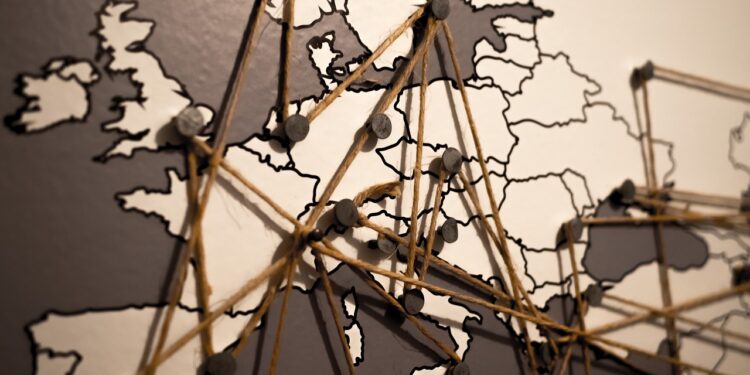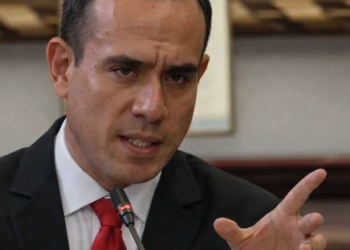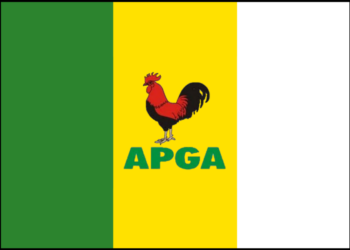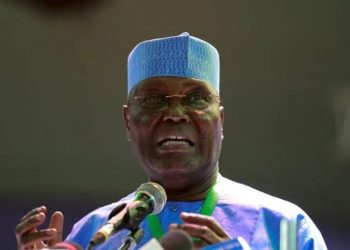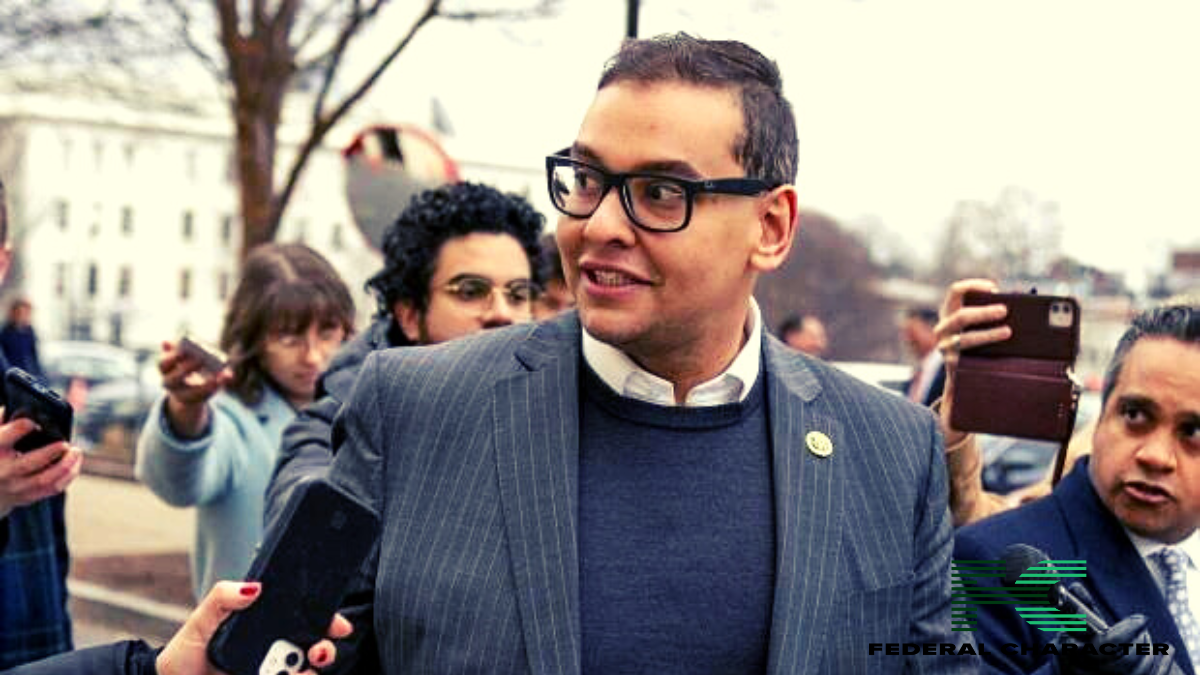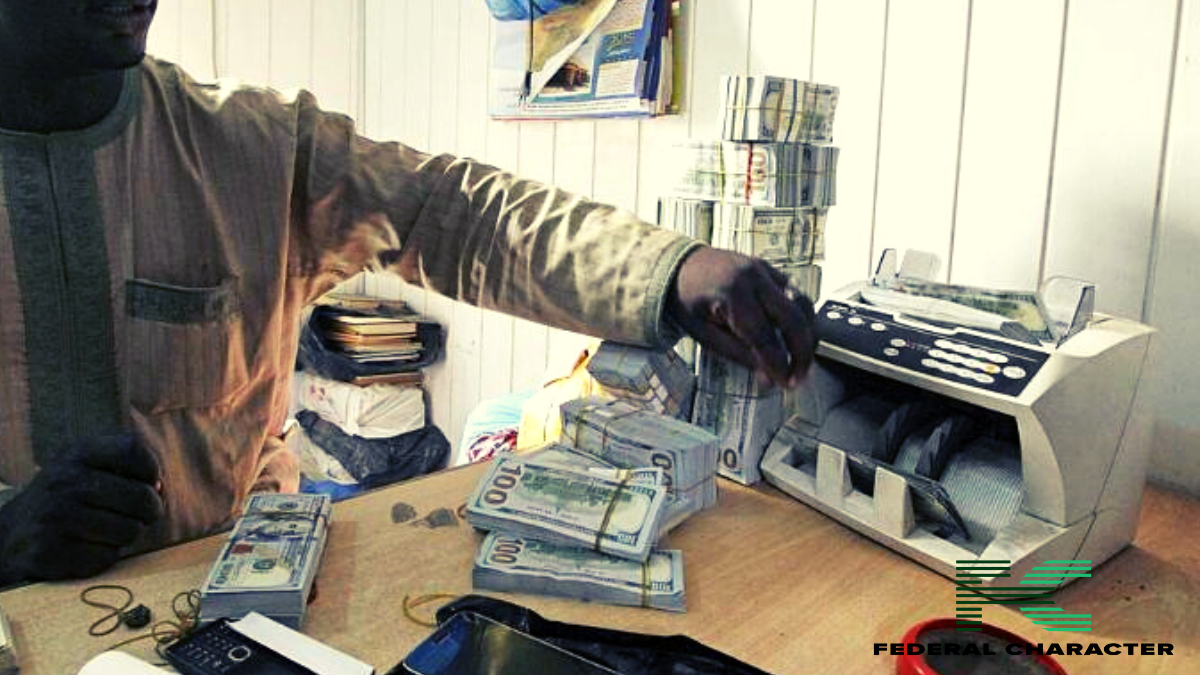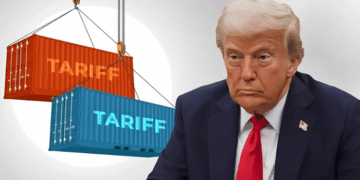France is in the throes of political turmoil, and there’s no clear way out. On Wednesday, Michel Barnier was ousted from his role as Prime Minister, leaving the nation grappling with the daunting task of forming a new government. But this isn’t just about Barnier’s exit, it’s the uncertainty looming over France’s political future that has everyone on edge.
Before Barnier’s appointment, France was already in a deadlock. The last parliamentary elections left no party with a clear majority, forcing President Emmanuel Macron to spend two months searching for a prime minister capable of navigating a fractured parliament. Barnier, a seasoned negotiator known for bridging left- and right-wing divides, seemed like the ideal choice. But even he couldn’t keep his seat or unify the divided parliament. And now, France is back at square one, facing what feels like an impossible task: finding someone to lead a government in this hung parliament.
Can Anyone Unite France’s Parliament?
If Barnier, a political veteran couldn’t unite the parliament, who can? The odds are stacked against whoever steps up next. A repeat of losing parliamentary support feels almost inevitable, deepening the crisis further. Macron now faces the unenviable task of identifying a replacement, and the stakes couldn’t be higher. Without a stable government or a budget for 2025, France risks spiraling further into financial instability. The country’s deficit is already alarming, and political paralysis will only make things worse.
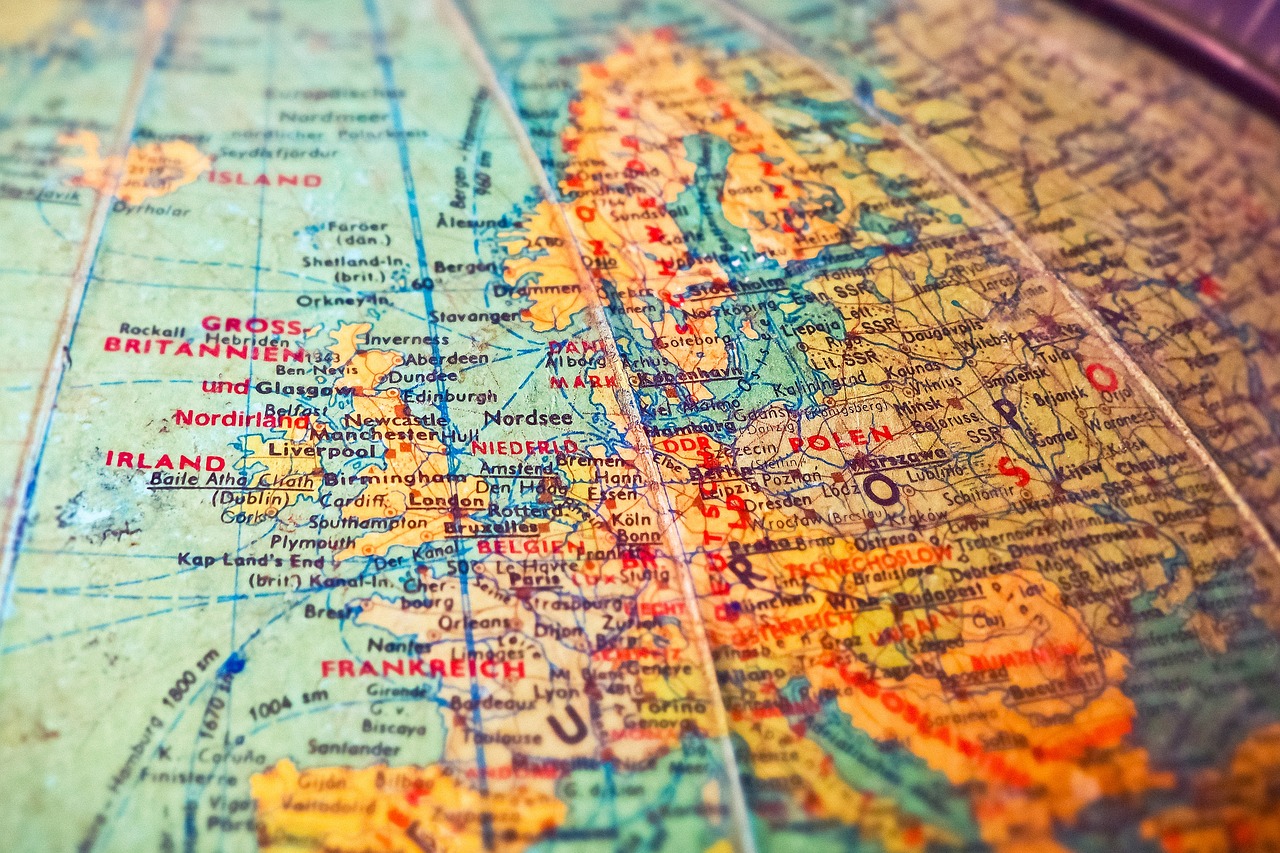
When Barnier took office, his immediate challenge was passing a budget. That’s ultimately what brought down his government. His proposed budget, aimed at addressing a €60 billion deficit and tackling France’s growing public debt, was met with fierce resistance. Barnier’s plan tried to balance tax hikes with spending cuts, but it quickly became clear that compromise would be elusive.
The far-right National Rally (RN) refused to back the budget, accusing the government of ignoring their demands. RN wanted tax cuts on electricity, protection for medical prescription reimbursements, and an immediate increase in pension payments. Though Barnier’s government made some concessions, they eventually drew a line, unwilling to derail their broader spending reforms.
Barnier, a shrewd operator, used a constitutional clause to push the budget forward without a parliamentary vote, knowing this would force opposition parties to table a vote of no confidence. And they did. The resulting motion, backed by the left-wing New Popular Front and the RN, ultimately brought Barnier’s government crashing down.
A Nation and Europe on the Edge
Now, France finds itself in a perilous situation. Without a stable government or a ratified budget, the country’s financial outlook is grim. France’s deficit is ballooning far beyond EU norms, and its debt levels are alarming. This isn’t just a problem for France; the ripple effects could destabilize the entire eurozone. French taxpayers are already feeling the pinch of the cost-of-living crisis, and a prolonged political impasse will only add to their frustrations.
Beyond its borders, France’s instability threatens Europe as a whole. Often seen as the EU’s ideological and political “motor” alongside Germany, France’s turmoil comes at a precarious time. Germany is also facing its own political crisis, with snap elections looming in February. Meanwhile, the EU is grappling with the ongoing crisis in Ukraine and its unified front against an increasingly aggressive Kremlin. France, as one of Europe’s largest military powers, plays a critical role in supporting Ukraine. Any disruption in its political stability could jeopardize arms supplies and weaken Europe’s stance.
France’s economic instability is another major concern. As the eurozone’s second-largest economy, France’s fiscal troubles could undermine confidence in the euro itself. If “Big Beast” France spirals out of control, the entire eurozone will feel the impact.
What Comes Next?
The road ahead for France is anything but clear. The parliament must find a way to work together, but can its members put aside their differences for the good of the country? Or will they continue to clash, further weakening the government and plunging France into deeper chaos?
The stakes couldn’t be higher. France risks losing its standing not just in Europe, but on the global stage. For a nation that prides itself on being a leader in both ideological and economic spheres, this political crisis could have far-reaching consequences. Will the French parliament find a way to unite, or is this the beginning of a long, slow decline for one of Europe’s great powers? Only time will tell.

